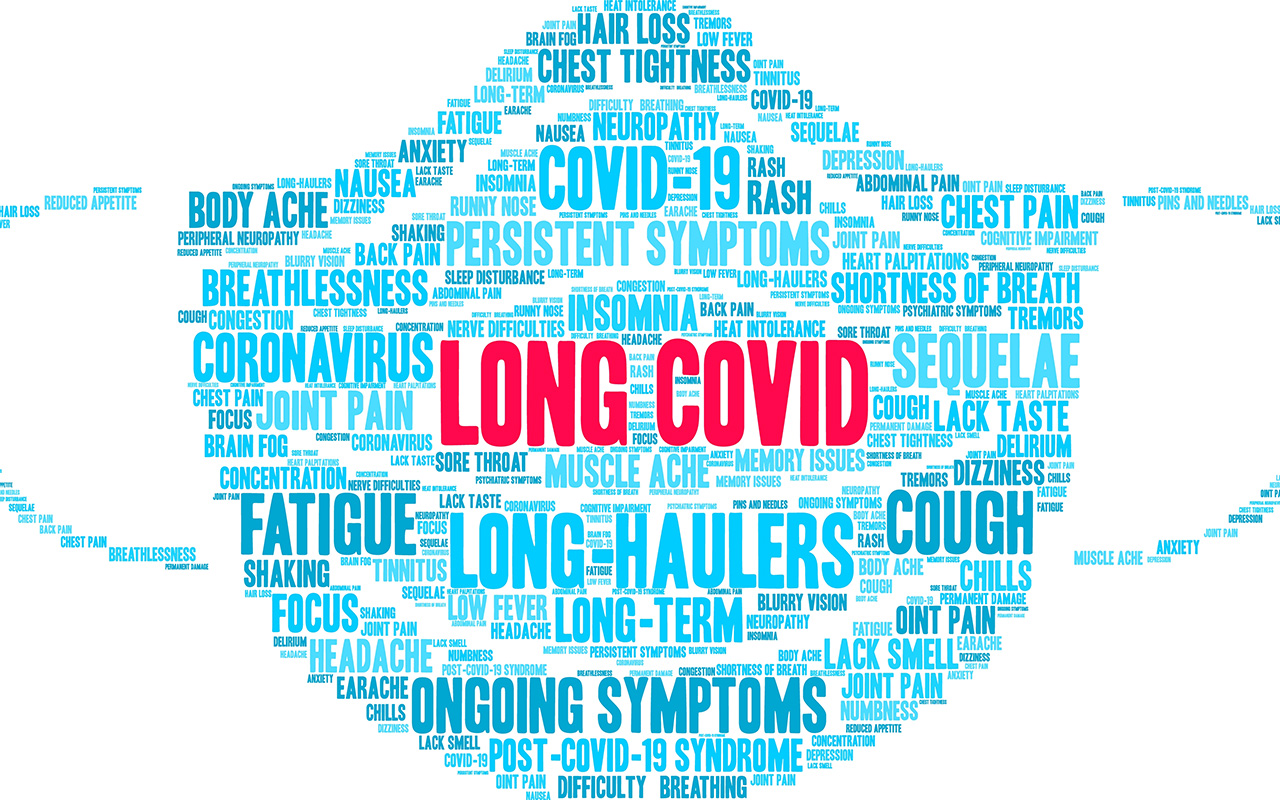ALTHOUGH the social and economic drivers of inequalities in the acute burden of COVID-19 have attracted widespread attention, emerging long term inequities for different populations require sophisticated planning that current Australian governments may not be capable of, say experts.
“I don’t see any planning yet,” Professor Evelyne de Leeuw, Director of the Centre for Health Equity Training Research and Evaluation at UNSW Sydney told InSight+, in an exclusive podcast.
“Planning in the hands of our governments hasn’t been particularly successful over the past 2 years.
“What we are trying to alert the world to, particularly here in Australia, is that the effects of long COVID are unfairly distributed.
“The clinical picture of long COVID may be very clear, but the effects of long COVID and the cascading impact on communities – that is something that we haven’t seen codified at all yet.
“We know that more people in disadvantaged communities have suffered from COVID-19, than in well-to-do communities. And the effect of long COVID is such that, where their lives are already frail, disadvantaged and challenged, the symptoms of long COVID will impact more.”
Professor de Leeuw and colleagues have written a Perspective for the MJA which calls for a “research and action agenda” to help disadvantaged communities to recover from COVID-19 and its long term impacts.
“For a social justice-driven recovery in a post-COVID-19 era (adopting the ‘building back better’ mantra, perhaps), it is imperative that two things are taken on board by the partners in our social (health) contract at all levels and jurisdictions:
- ‘It ain’t over for some until it’s over for all.’ Building back better needs to embrace the full spectrum of disease emergence, spread, control, follow-up, and health care delivery in every stage of prevention, management and investment in care, explicitly including long COVID.
- Planning for this must involve not just rhetorical allusions to priority populations, as peddled by governments in late 2020 when repeatedly Indigenous Australians and aged care residents and carers were identified as such, without any meaningful operational action. Critical intersectionality creates pockets of deep and irreconcilable injustice and health inequity if public and non-government organisations maintain a siloed mantra of priorities.”
Professor de Leeuw told InSight+ that the public discourse of “living with” or “moving beyond” COVID-19 would take a commitment from the whole society.
“In the first year of the pandemic, we saw all sorts of creative responses – pop-up bicycle paths, and people enjoying life under a much quieter flight path, it was safer to go out because there was less traffic,” she said.
“And a lot of people in my area of the professional world – urban planners, political scientists – said this is fantastic, this is the new world that we want, this is wonderful.
“We’ve seen across the board that people have said, let’s get over it, let’s move beyond COVID.
“But that is not how the world works. These disasters will have an impact. And let’s call it what it is – it is a disaster, that will change the world forever.
“But to change the world for the better, that is a huge challenge. And that takes commitment and energy and vision. And I don’t think that that is what we are willing to commit to.
“When you’re out in the streets, the traffic jams are the same as before.”
Professor de Leeuw said that health professionals had a responsibility to be optimistic about those challenges.
“I’m always amazed if not baffled when people say, there’s a lack of political will,” she told InSight+.
“But the thing is, we the people, the community creates political will. If we want other leaders to take different action, it is up to us to elect them.
“As clinicians, hospitals, professional associations, we have the opportunity and the moral responsibility to create the political will to get better out of this than we were before.
“Nothing ever comes easy, so we have to stand up, and we have to argue for things.”
In the MJA, de Leeuw and colleagues wrote that the lived experience of those in disadvantaged communities was vital to enabling “consistent and adequate clinical diagnosis and management as well as appropriate social responses”.
“To make a reliable and lasting impact on the prevention of entangled disadvantage, Australia should also focus on working in collaboration with equity-seeking populations and communities most affected to understand lived realities and potential solutions,” they wrote.
“Policy and its development (or lack thereof) in response to long COVID is also key, as will be its integration into a nationally consistent and regionally administered patient-centred health and social response.
“We must consider how structural inequities, such as housing availability and affordability, lack of adequate social protection, and marginalisation from health systems, may further entrench disadvantage in the face of long COVID,” de Leeuw and colleagues concluded.
“Dealing with the fall-out of the pandemic, on all fronts, will require the tangible commitment to deliver across sectors and for everyone.”
Also online first at mja.com.au:
Consensus statement: Australian consensus recommendations for the management of hepatitis B
Lubel et al; doi: 10.5694/mja2.51430 … FREE ACCESS for 1 week.
Editorial: What influenza activity can we anticipate in 2022?
Subbarao; doi: 10.5694/mja2.51437 … FREE ACCESS for 1 week.

 more_vert
more_vert